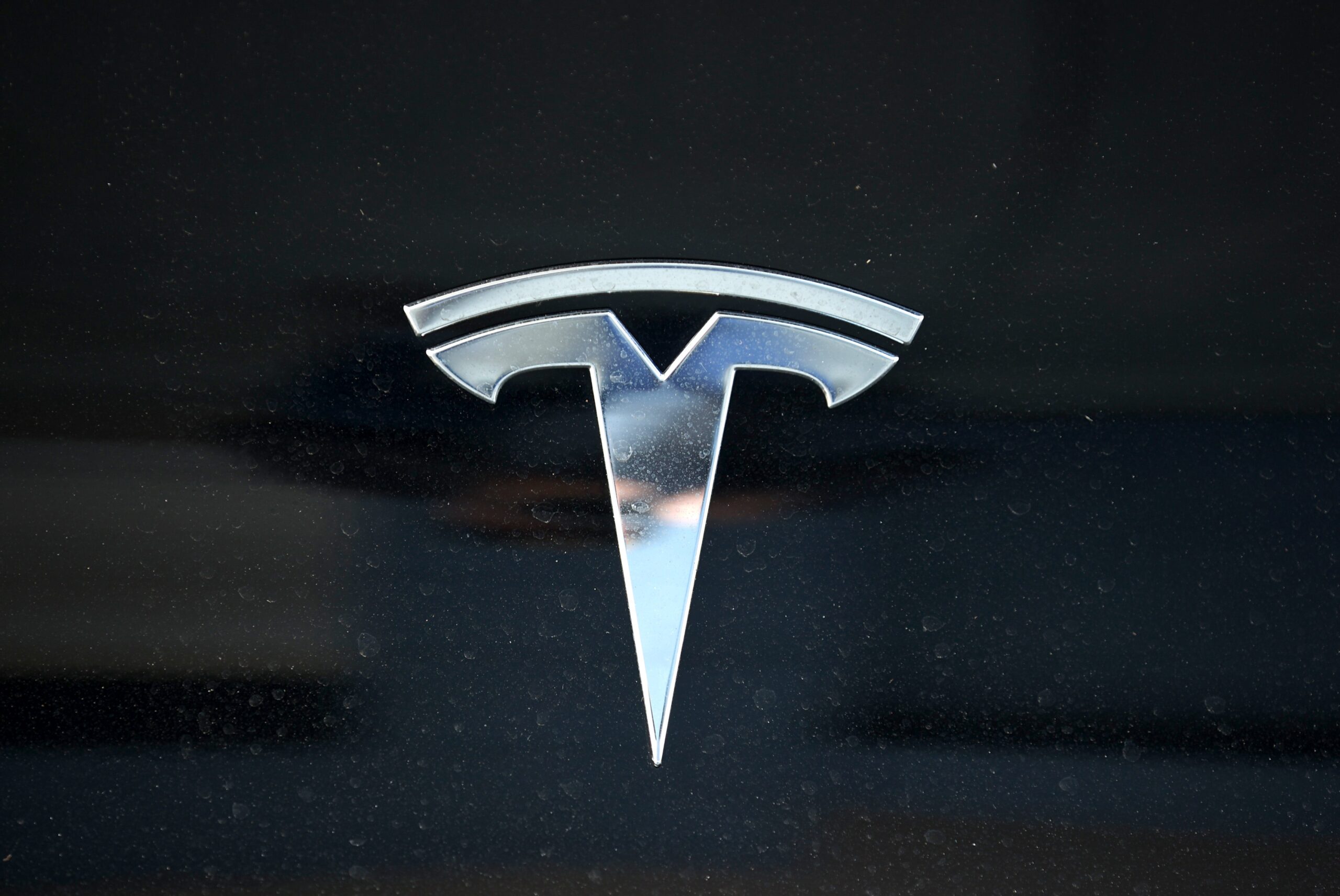Owen Diaz, a former Black employee who accused Tesla of ignoring racial abuse he experienced while working at the company, is in for a payday. A jury ordered the electric car firm to pay him $137 million for the abuse he endured.
It took the jury four hours to agree with Diaz that Tesla had created a hostile work environment because they failed to address the racism he experienced, according to his lawyer. Most of the award—$130 million—was punitive damages for the company. The remaining $7 million was for the emotional distress Diaz suffered, according to the New York Times.
Suggested Reading
“It’s a great thing when one of the richest corporations in America has to have a reckoning of the abhorrent conditions at its factory for Black people,” Lawrence Organ, Diaz’s lawyer said late on Monday.
Between 2015 and 2016, Diaz worked at Tesla’s Fremont, Calif., plant as an elevator operator for about a year. He was repeatedly called racial slurs by his supervisor and co-workers, he claims. Diaz also says that his co-workers drew racist symbols and drawings around the plant and that Tesla did little to stop it.
“It’s not like they were removing the offensive behavior, they would just let people keep adding and adding,” he said.
Diaz reached a breaking point after witnessing similar racist epithets directed at his son, Demetric, who secured a job at Tesla company with Diaz’s help. The Tesla job was Demetric’s first.
“My son watched his father being broken in front of him,”Diaz said to the Times.
Here is more, per the Times:
In an internal email to Tesla staff obtained by Mr. Organ and shared with The Times, Valerie Capers Workman, a human resources executive, downplayed the allegations in the lawsuit.
“In addition to Mr. Diaz, three other witnesses (all non-Tesla contract employees) testified at trial that they regularly heard racial slurs (including the N-word) on the Fremont factory floor,” she wrote. “While they all agreed that the use of the N-word was not appropriate in the workplace, they also agreed that most of the time they thought the language was used in a ‘friendly’ manner and usually by African-American colleagues.”
The company, she wrote in the email, was responsive to Mr. Diaz’s complaints, firing two contractors and suspending another. Tesla does not believe the facts justify the verdict, she wrote, but acknowledges that the company was “not perfect” in 2015 and 2016. “We’re still not perfect,” she added. “But we have come a long way.”
Though Diaz sued the company with his son and another Black ex-employee, only the senior Diaz’s complaints were heard at trial. It is not clear if Tesla will appeal the ruling.
Straight From 
Sign up for our free daily newsletter.


